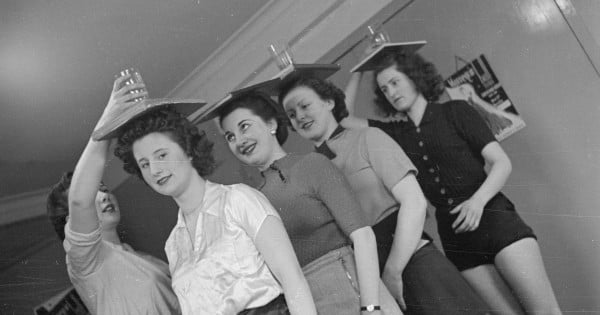
In an era where house prices can be Googled and are often the main theme of dinner party conversation, and incest is on the lunch menu thanks to a Game of Thrones recap, are there any social taboos left? Is it better that it’s all out in the open now? Or have we forgotten the art of manners and a bit of mystery?
Director of etiquette school Etiquette and Co. Michaela Launerts, thinks that there are plenty of social taboos left, we’ve just forgotten about them and are offending our friends as a result.
“The lines between public and private are being blurred. We’ve lost sight of the fact that in reality people still become offended. Speaking about politics, sex and money, especially, is still considered taboo. Everybody is still cringing,” she says. So, why are people now so comfortable asking personal questions?
Launerts says technology is to blame. “The way technology is at the moment has enabled us to get this false sense of security. There’s an illusion that we’re protected by the screen and we’ve lost sight of the reality that people become upset. We can express views from behind the screen and have this confidence and anonymity that doesn’t exist face-to-face at a dinner party.”
Is technology taking a toll on our social interactions? Image via HBO.
The doyenne of manners is etiquette queen June Dally-Watkins. She comes from another era. It was one before we took our iphones to bed with us. She believes technology’s domination in our lives has dehumanised us. “People don’t seem to care about other people’s feelings anymore. They don’t think how their words and actions might affect someone, or that maybe they don’t want to have that discussion or conversation.’’

Top Comments
Are you finished with those fries? Pro-tip, never ask that.
Don't ask anyone - straight or otherwise, coupled or single - about their dating, marital or family plans.
If they have news for you, they will share it when they're ready. I don't care if a woman is clearly avoiding alcohol or has a (food?) baby bump - do not ask. Unless she's actually labouring! Do not insist on a woman drinking when she says no. She shouldn't have to explain herself, feel uncomfortable or on-the-spot. Leave it alone.